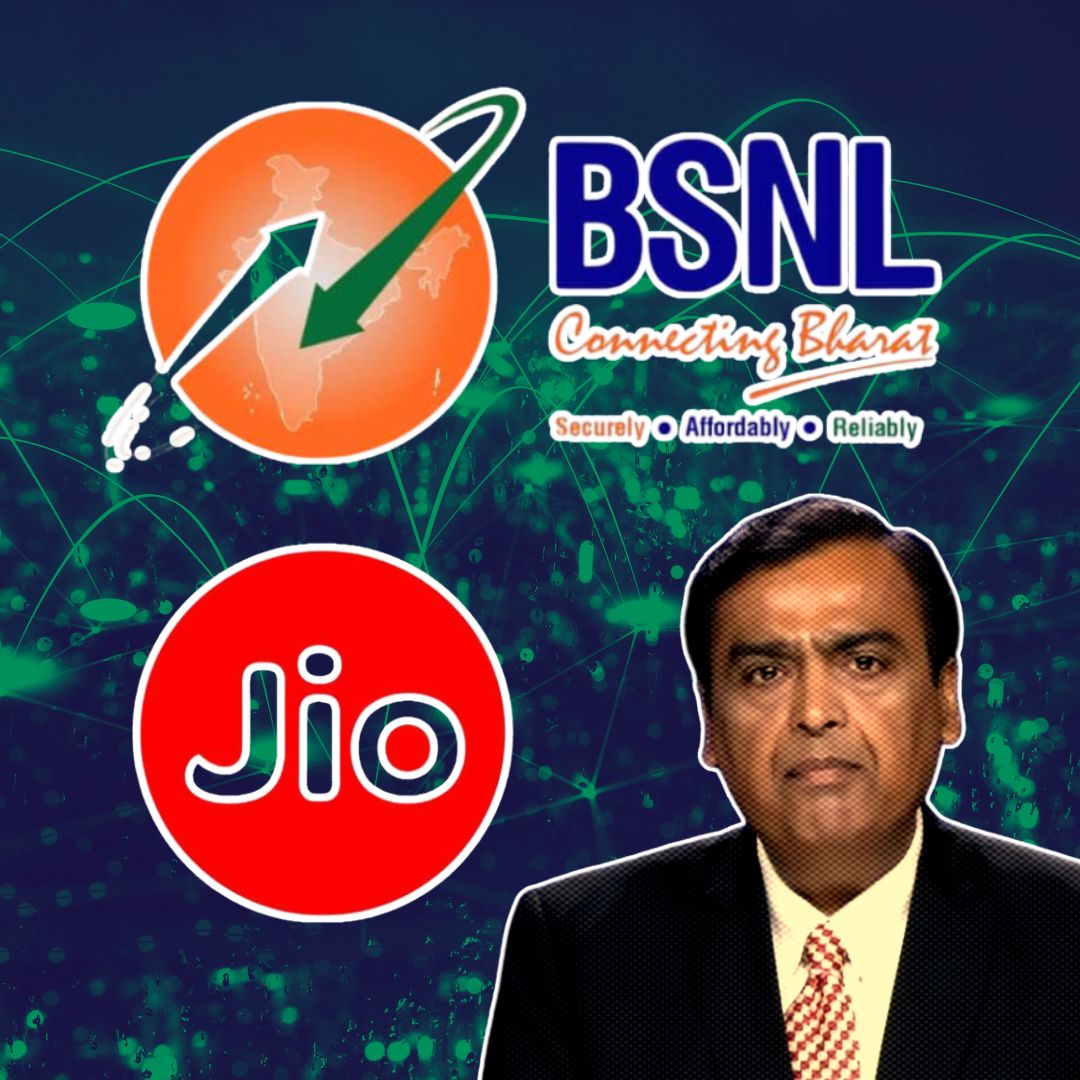The Comptroller and Auditor General (CAG) has revealed that Bharat Sanchar Nigam Limited (BSNL) failed to bill Reliance Jio Infocomm Ltd (RJIL) for shared passive infrastructure over a decade, resulting in a ₹1,757.56 crore loss to the government.
The lapse occurred between May 2014 and March 2024 due to BSNL’s non-enforcement of its Master Service Agreement (MSA) with Jio. Additional losses of ₹38.36 crore were incurred from non-deduction of licence fees paid to Telecom Infrastructure Providers (TIPs), and ₹29 crore due to the non-application of escalation clauses in infrastructure sharing charges.
The report highlights governance lapses and contractual ambiguities as key contributors to the financial setback.
Contractual Lapses Cost Government Dearly
The CAG report pointed out that BSNL failed to enforce key clauses of its MSA with Reliance Jio, particularly billing for new technologies deployed on shared infrastructure. This included disputes over definitions of “technology,” such as FDD vs TDD LTE, which delayed billing for years.
BSNL also suffered losses by failing to deduct licence fees from TIP payments and neglecting escalation clauses in infrastructure sharing charges. “Non-adherence to the terms resulted in significant revenue loss,” the CAG stated, urging stricter enforcement of agreements. Penal interest further compounded the financial impact on government revenues.
A Pattern of Mismanagement
Beyond this specific incident, BSNL has faced broader inefficiencies in governance. The CAG highlighted issues such as unclaimed GST credits and unnecessary expenditures on unused infrastructure.
Meanwhile, BSNL recently awarded a ₹2,631 crore work order under its BharatNet Phase-III broadband project to Dilip Buildcon’s joint venture DBL-STL, aiming to enhance connectivity in Jammu & Kashmir and Ladakh.
While this initiative is funded by the Digital Bharat Nidhi, concerns about BSNL’s ability to manage large-scale projects effectively persist given its track record.
The Logical Indian’s Perspective
This incident underscores the urgent need for accountability and transparency in public sector enterprises like BSNL. The failure to enforce agreements not only impacts government revenues but also erodes public trust in state-run organisations.
As citizens, we must advocate for reforms that prioritise efficiency, fairness, and innovation while ensuring accountability at all levels. How can public sector enterprises be restructured to prevent such lapses? Share your thoughts below!












